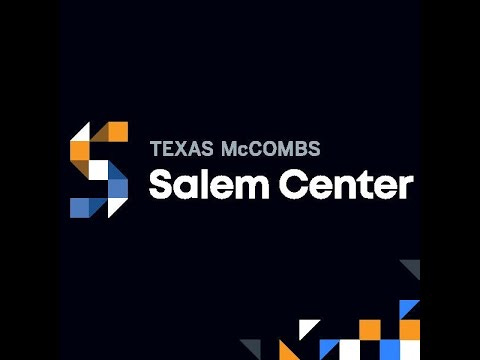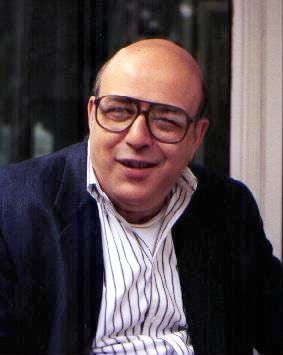I first met historian Ralph Raico at a Cato Institute Summer Seminar in 1990. Like George Walsh, Raico was an old-school scholar who published modestly but knew extravagantly. I hung out with Raico at two or three seminars, and he amazed me. The man could expound at length on any historical topic I threw at him, and knew more economics and philosophy than most professors of either subject.
With continued technical help from the Salem Center, I am now making two of Raico’s best lost lectures from the 1990s available for your listening pleasure.
The first is “Foundations of Classical Liberalism.”
The second is “Adversaries of Classical Liberalism.”
Like most libertarian scholars who spoke at summer seminars in the 1990s (I attended many!), Raico stubbornly preferred this “classical liberal” label.* Which was confusing even then. When I interned at the Cato Institute in 1991, someone the recounted the following conversation:
Random DC Guy: So what do you guys at this Cato Institute believe?
Cato Staffer: Well, we’re classical liberals.
Random DC Guy: Me too! I just love Ted Kennedy.
Why not just use the word “libertarian”? The main objections were aesthetic: The word sounds weird. If memory serves, faculty member Tom Palmer delivered the following spiel at the same 1990 Cato summer school where I met Raico:
“Libertarian.” That sounds like a cross between a libertine and a librarian!
In any case, never let words get in the way of your edification. In modern parlance, Raico’s talk on “Foundations of Classical Liberalism” is “Foundations of Libertarianism,” and his talk on “Adversaries of Classical Liberalism” is “Adversaries of Libertarianism.” And both talks are wonderful.
* My colleague Dan Klein is still quixotically promoting the liberal label even today. With respect, Dan, it’s not happening.
P.S. Raico’s total research productivity is less modest than I thought.





Lately, the term classical liberal is often used to refer to older non woke liberals. I heard Sam Harris refer to himself as a "classical liberal". Another good reason to use libertarian.
The Economist calls itself "classical liberals", and their political view is not quite libertarian, something they like to point out - they are to the left of libertarians.